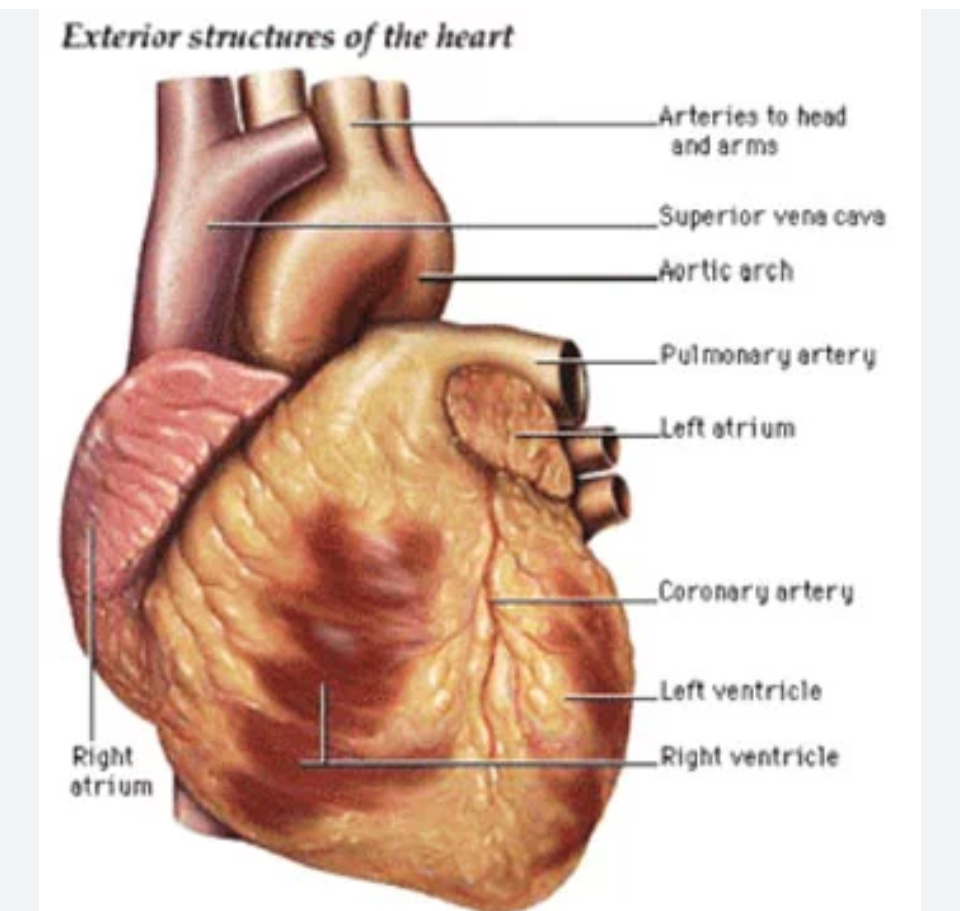
When we think of menopause, our minds often jump to hot flashes, night sweats, and mood swings. However, one of the most critical yet seldom discussed aspects of menopause is its impact on cardiovascular health. Heart disease is the leading cause of death for women, and the risk increases significantly after menopause. Understanding this connection can lead to better prevention, timely interventions, and ultimately, healthier lives for women.
The Hormonal Shift and Heart Health
Estrogen, a hormone that declines significantly during menopause, plays a crucial role in protecting the cardiovascular system. It helps maintain the flexibility of blood vessels, promotes healthy cholesterol levels, and has anti-inflammatory properties. As estrogen levels drop, the risk of developing cardiovascular disease (CVD) rises.
Key Factors Linking Menopause to Cardiovascular Risk
1. Cholesterol Levels: Post-menopause, women often experience an increase in LDL (bad) cholesterol and a decrease in HDL (good) cholesterol. This shift can lead to the build-up of plaque in the arteries, increasing the risk of heart attacks and strokes.
2. Blood Pressure: Menopausal women are more likely to develop hypertension (high blood pressure). Estrogen helps keep blood vessels relaxed and open, so its decline can lead to increased blood pressure.
3. Weight Gain and Metabolism: Metabolic changes during menopause can lead to weight gain, particularly around the abdomen. This type of fat distribution is closely associated with a higher risk of cardiovascular disease.
4. Insulin Resistance: The risk of developing insulin resistance and type 2 diabetes increases after menopause. Both conditions are significant risk factors for heart disease.
5. Inflammation: Reduced estrogen levels can lead to increased inflammation in the body, which is a known contributor to cardiovascular disease.
Recognizing the Signs
Cardiovascular disease can manifest differently in women compared to men, and the symptoms are often subtler. It’s crucial to recognize the warning signs, which may include:
– Chest pain or discomfort
– Shortness of breath
– Pain in the neck, jaw, or back
– Unusual fatigue
– Nausea or vomiting
– Lightheadedness or dizziness
Preventative Measures and Lifestyle Changes
While the decline in estrogen during menopause is inevitable, there are several steps women can take to mitigate the increased cardiovascular risk:
1. Regular Exercise: Engaging in regular physical activity helps maintain a healthy weight, lowers blood pressure, and improves cholesterol levels. Aim for at least 150 minutes of moderate-intensity exercise per week.
2. Healthy Diet: Adopt a heart-healthy diet rich in fruits, vegetables, whole grains, lean proteins, and healthy fats. Reducing sodium intake and avoiding processed foods can also help manage blood pressure and cholesterol.
3. Regular Health Screenings: Regular check-ups with a healthcare provider can help monitor blood pressure, cholesterol levels, and blood sugar. Early detection and management of these risk factors are crucial.
4. Quit Smoking: Smoking is a major risk factor for cardiovascular disease. Quitting smoking can significantly improve heart health.
5. Stress Management: Chronic stress can negatively impact heart health. Techniques such as yoga, meditation, and deep-breathing exercises can help manage stress levels.
6. Medication: In some cases, medications may be necessary to manage cholesterol, blood pressure, or other risk factors.
The Importance of Awareness and Education
Raising awareness about the link between menopause and cardiovascular health is vital. Women need to understand that menopause is not just about reproductive changes but can significantly impact overall health, particularly heart health. Healthcare providers should incorporate cardiovascular risk assessments into routine care for menopausal women and educate them about the potential risks and preventive measures.
Empowering Women Through Knowledge
Menopause marks a significant transition in a woman’s life, bringing about changes that extend far beyond the cessation of menstruation. By acknowledging and addressing the increased cardiovascular risks associated with menopause, we can empower women to take proactive steps towards maintaining their heart health.
At Menopause Matter, we are committed to providing comprehensive information and support for women navigating this critical phase of life. Together, we can ensure that every woman is equipped with the knowledge and tools to live a healthy, fulfilling life during and after menopause.
Explore more about cardiovascular health and menopause, connect with our community, and take charge of your heart health at Menopause Matter. Together, we can make a difference.